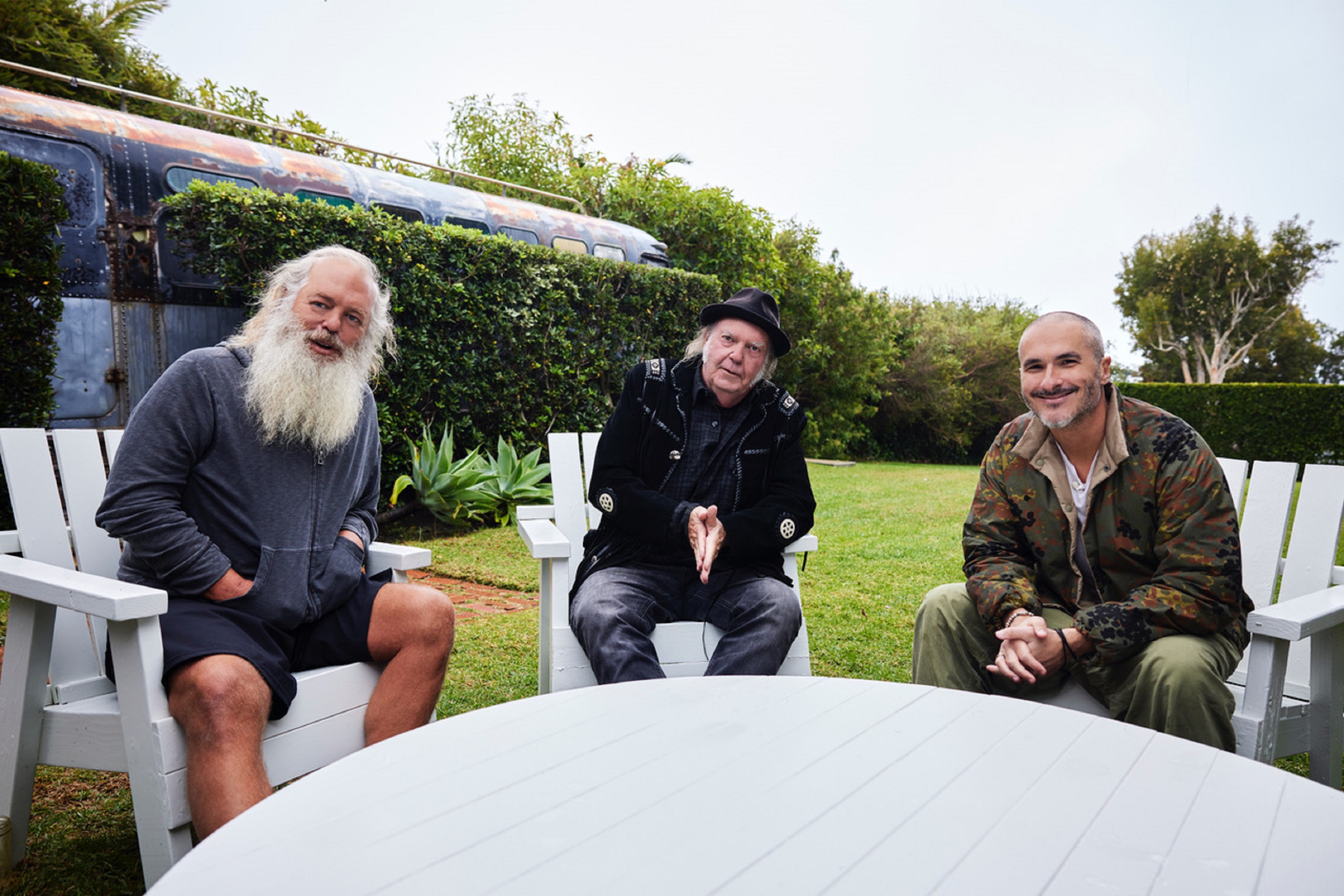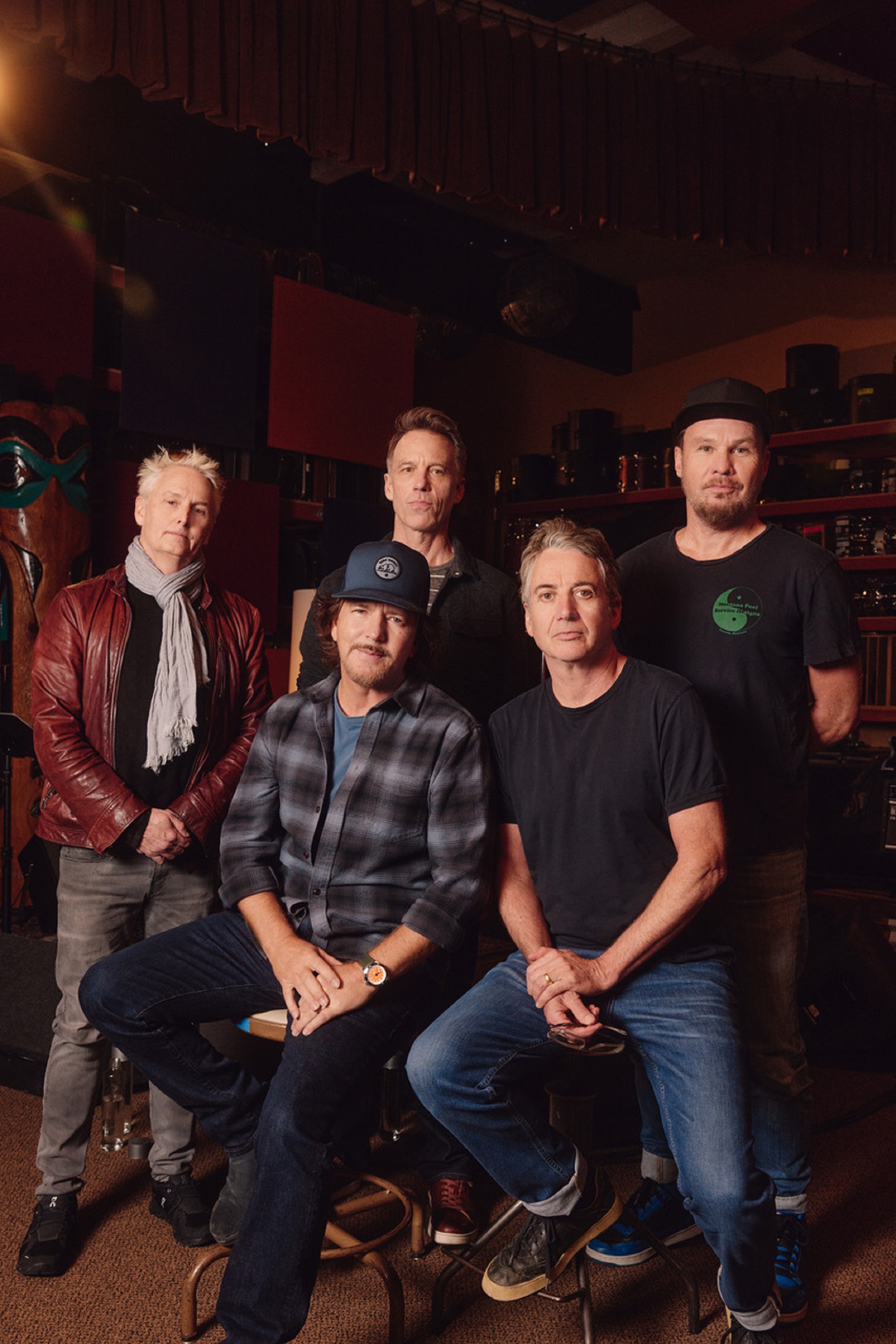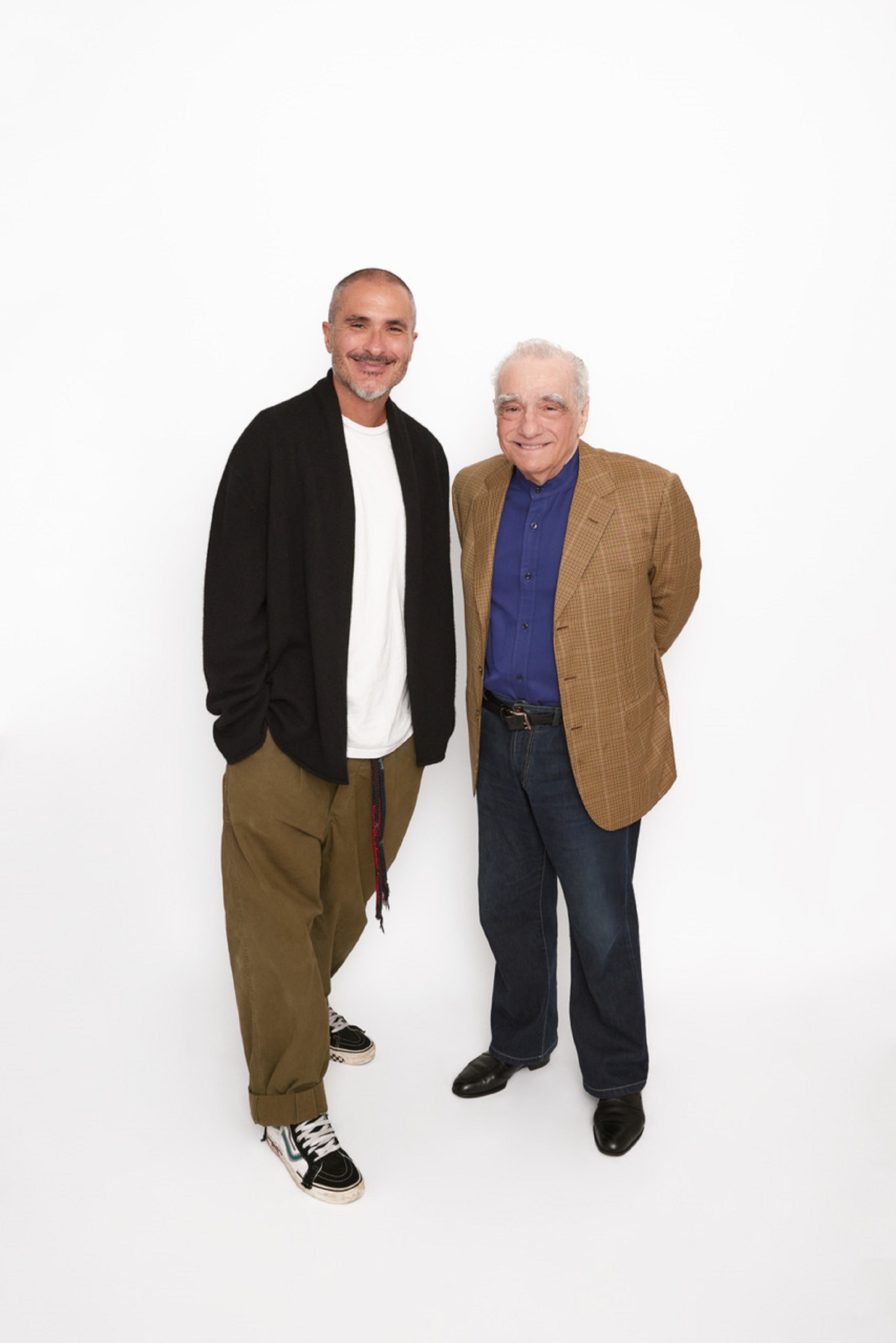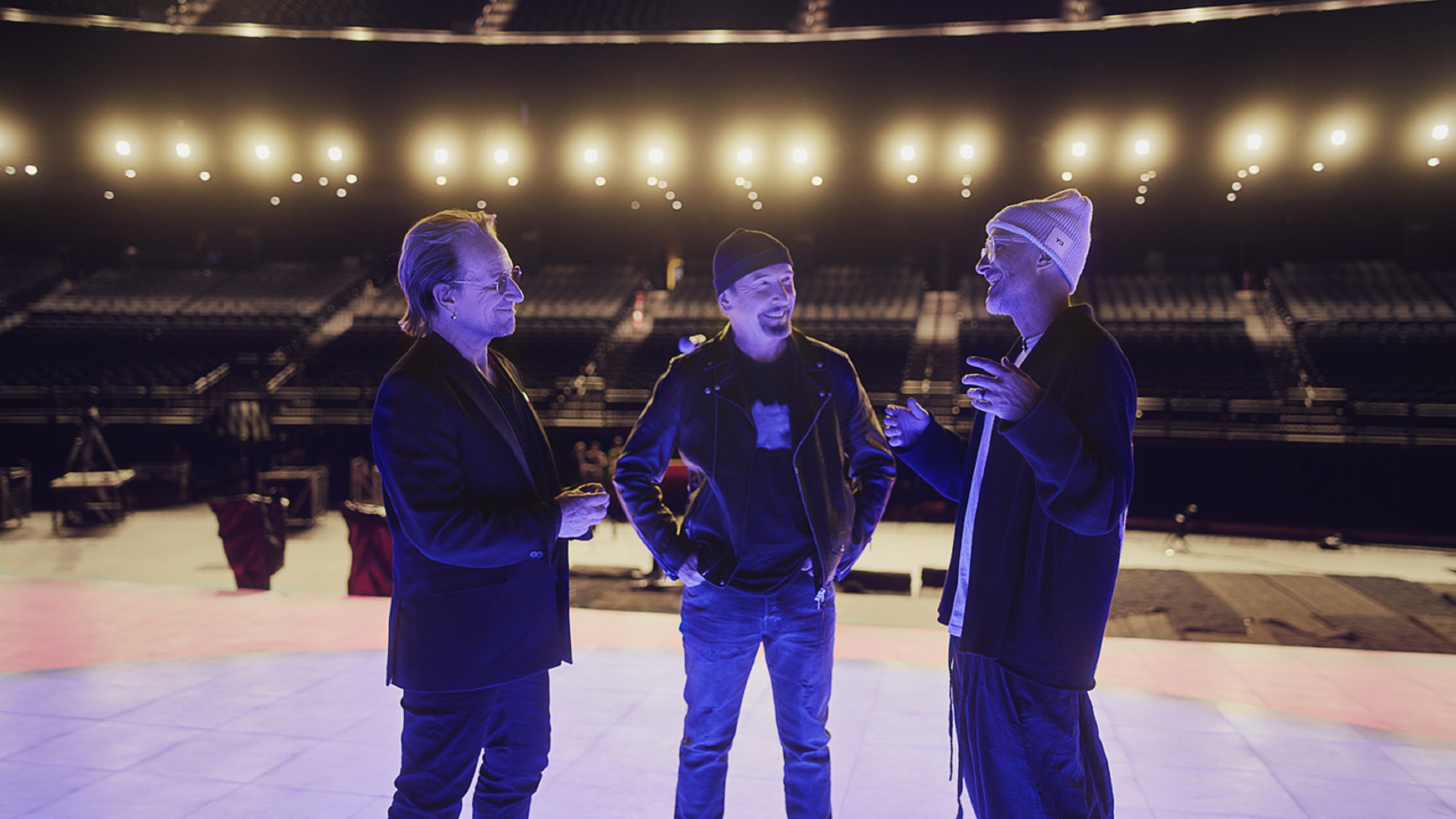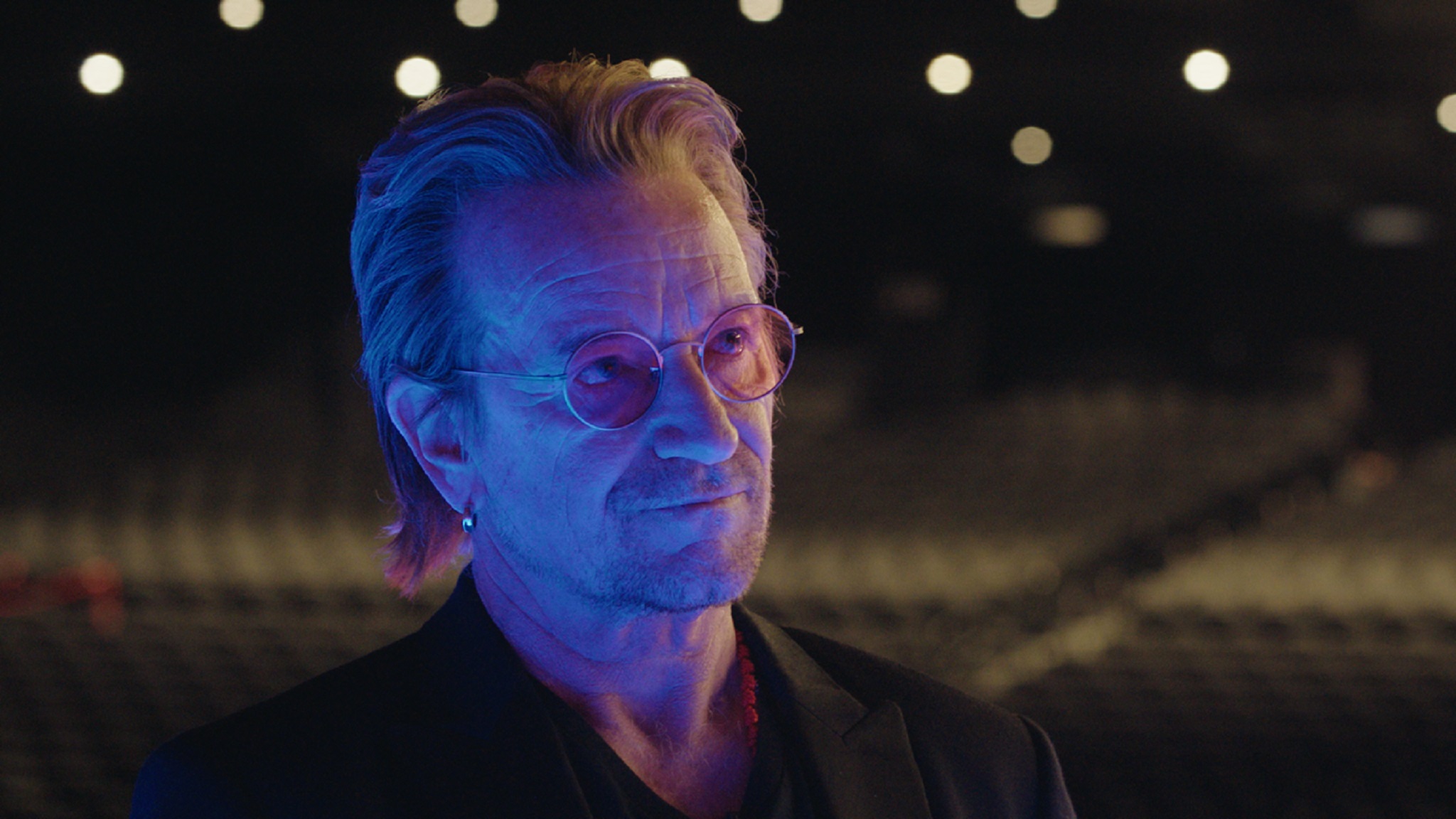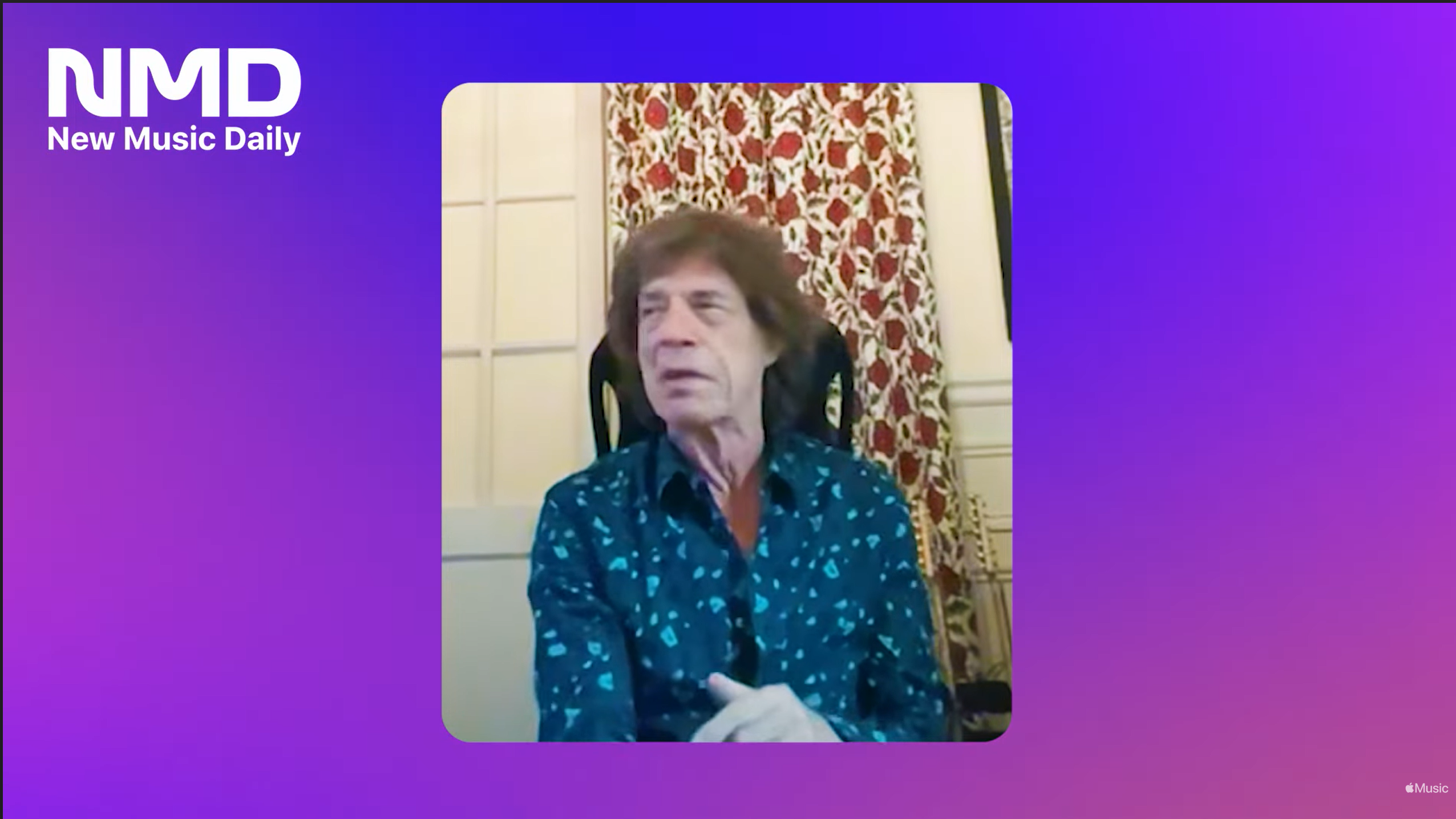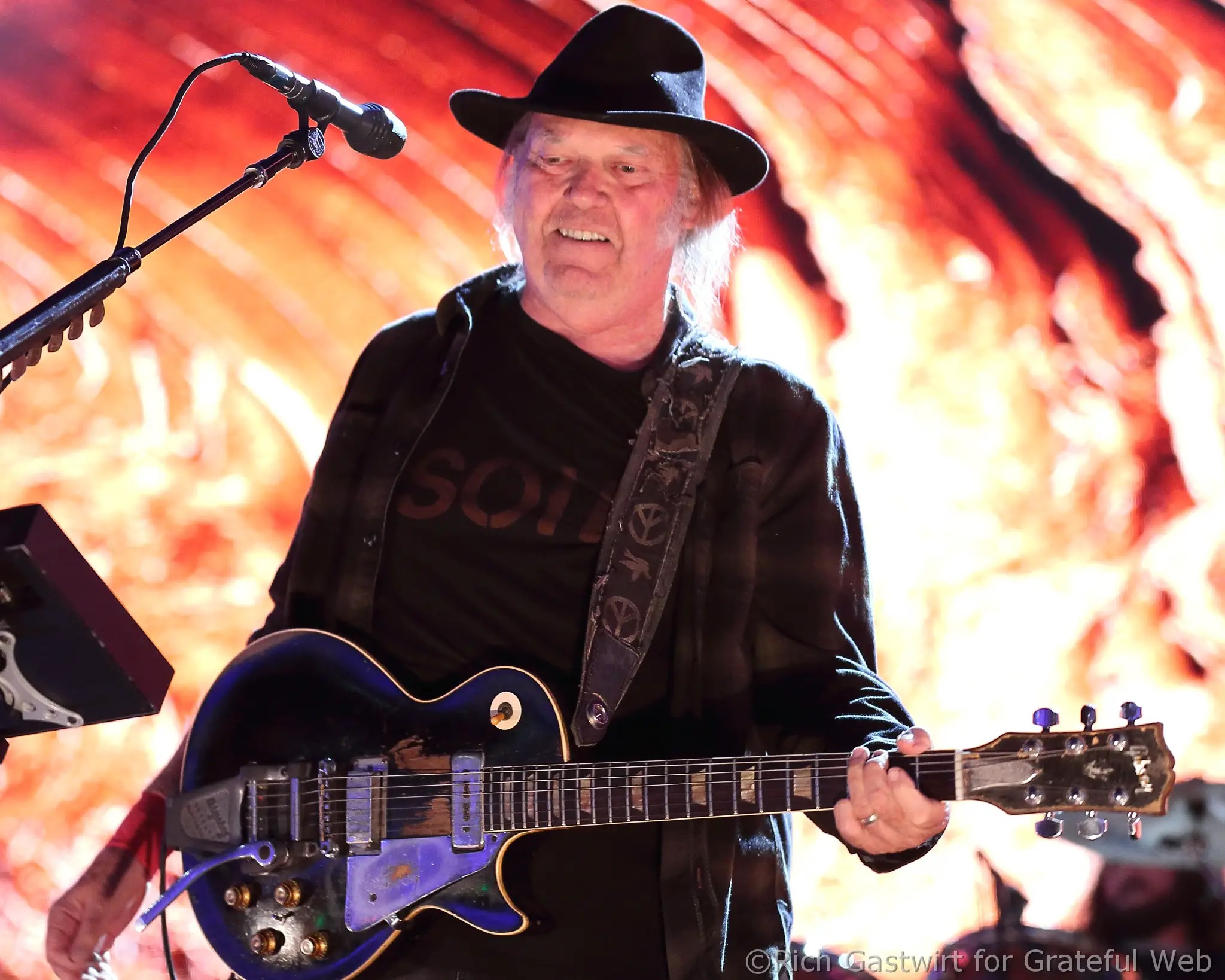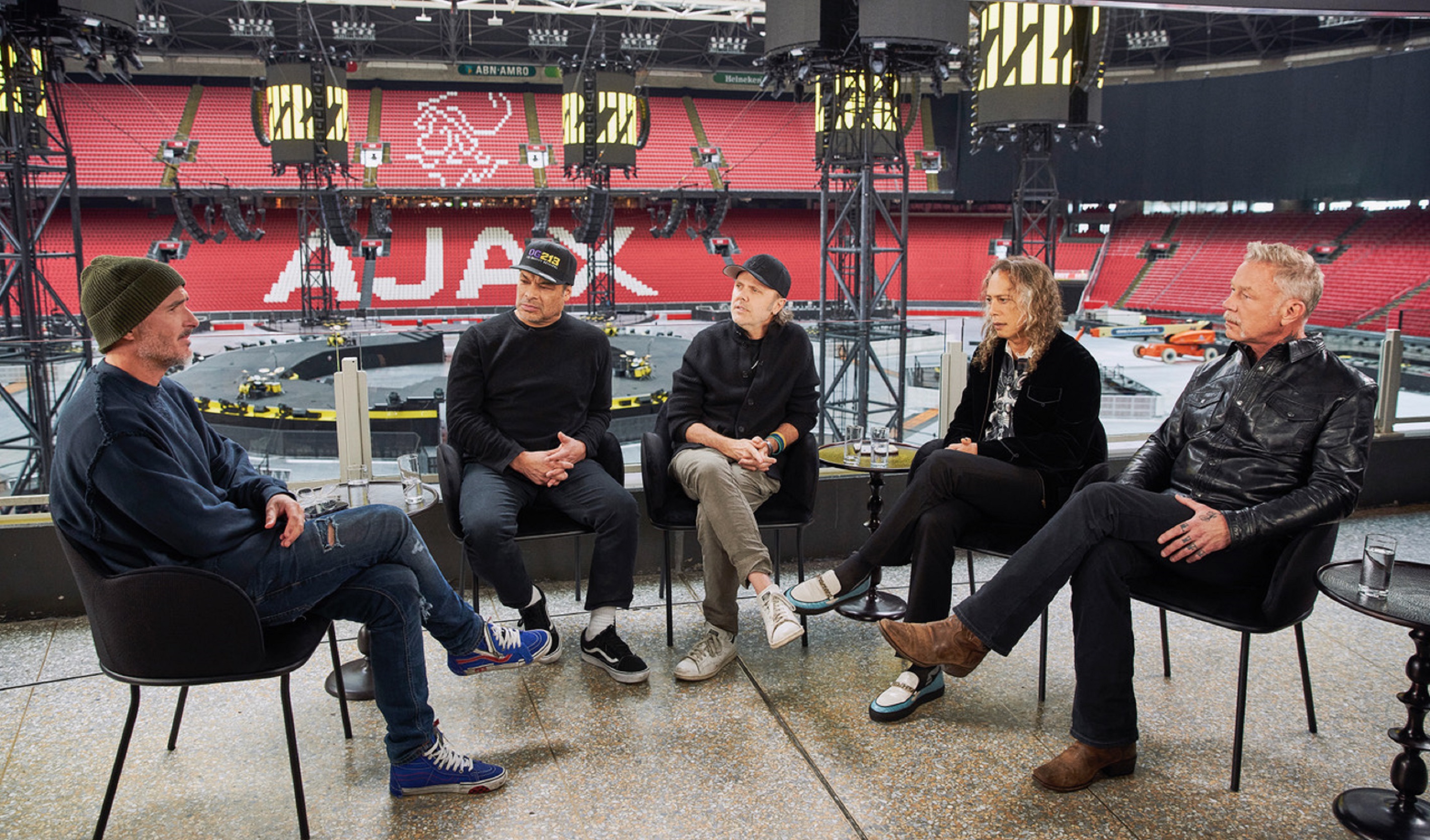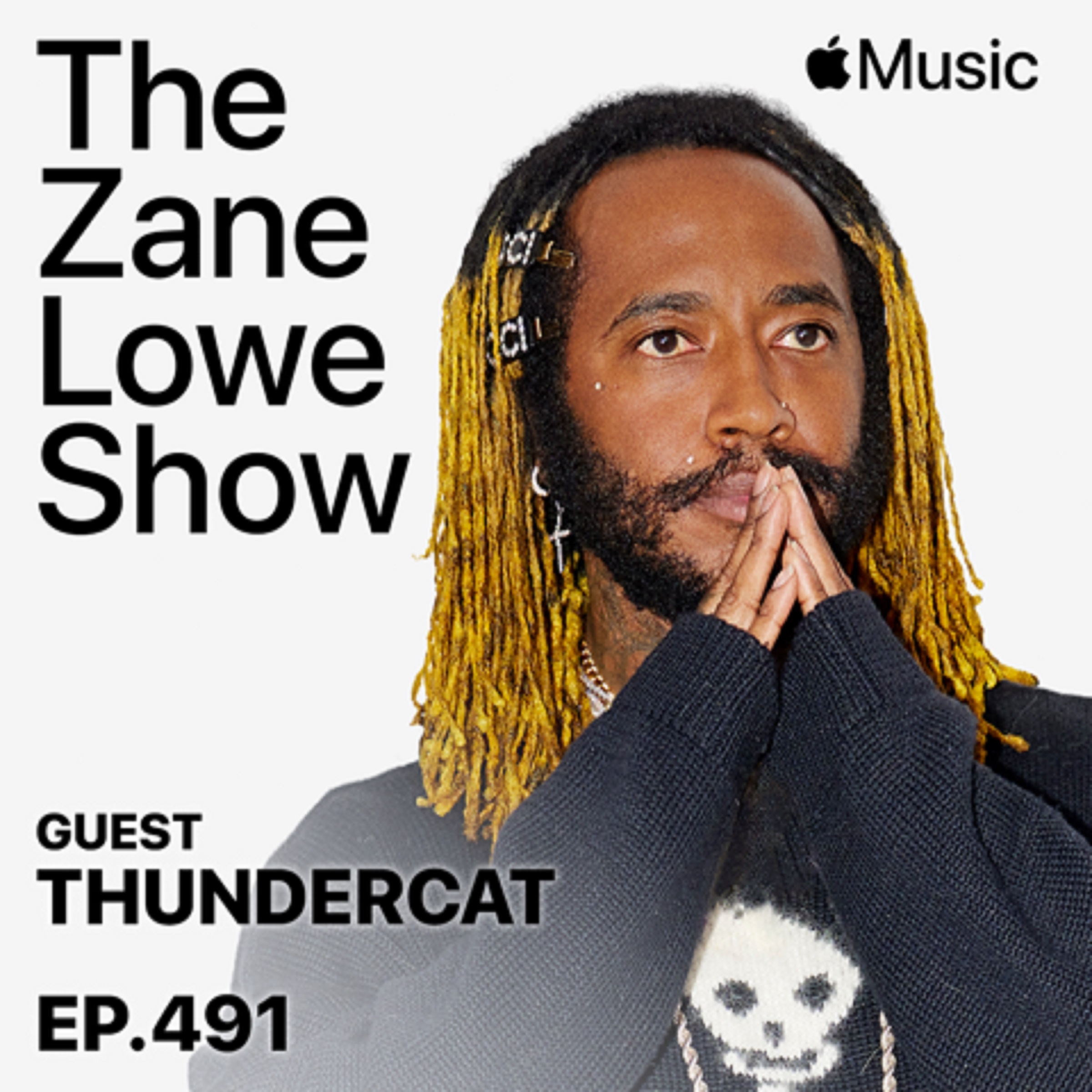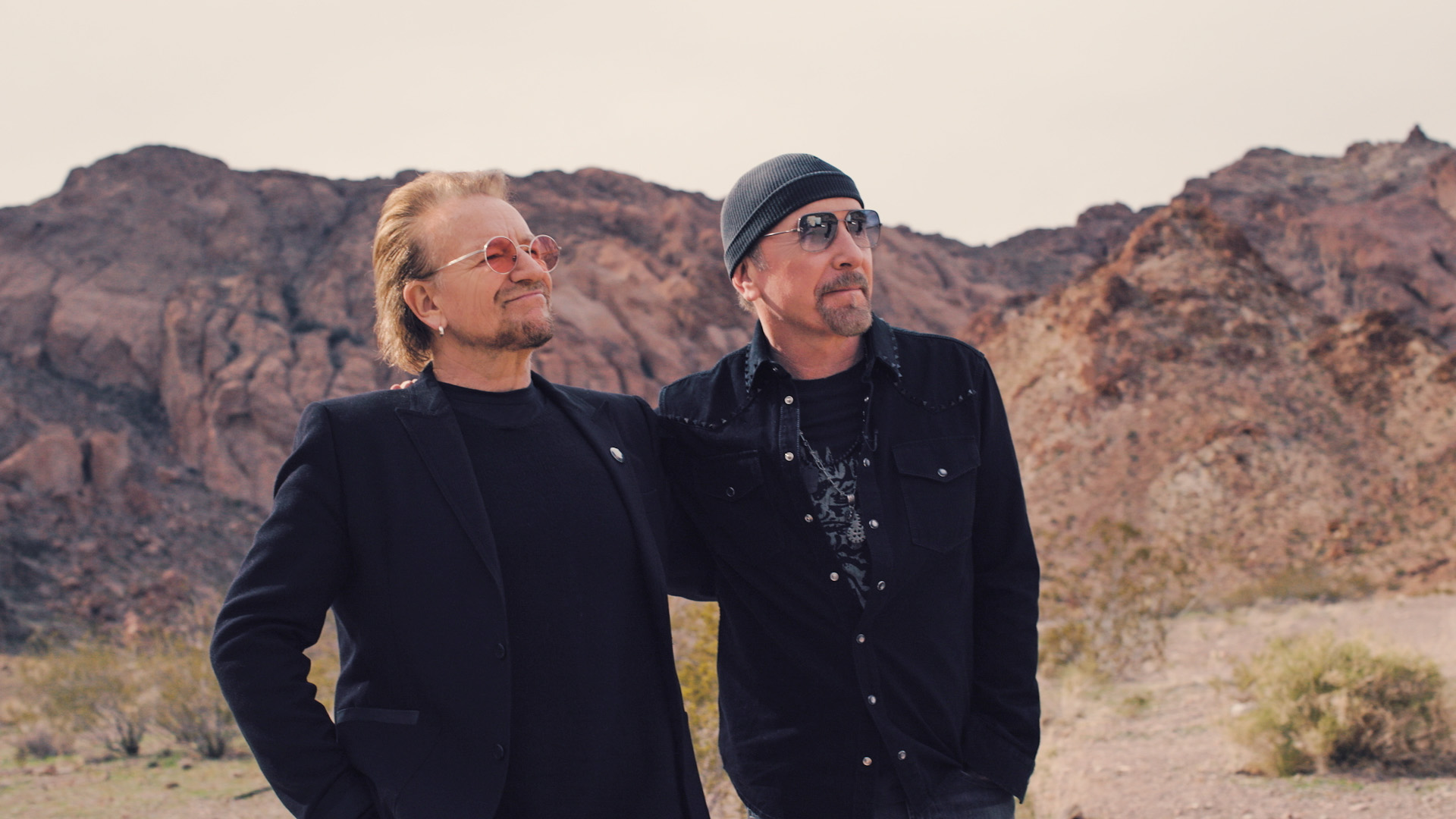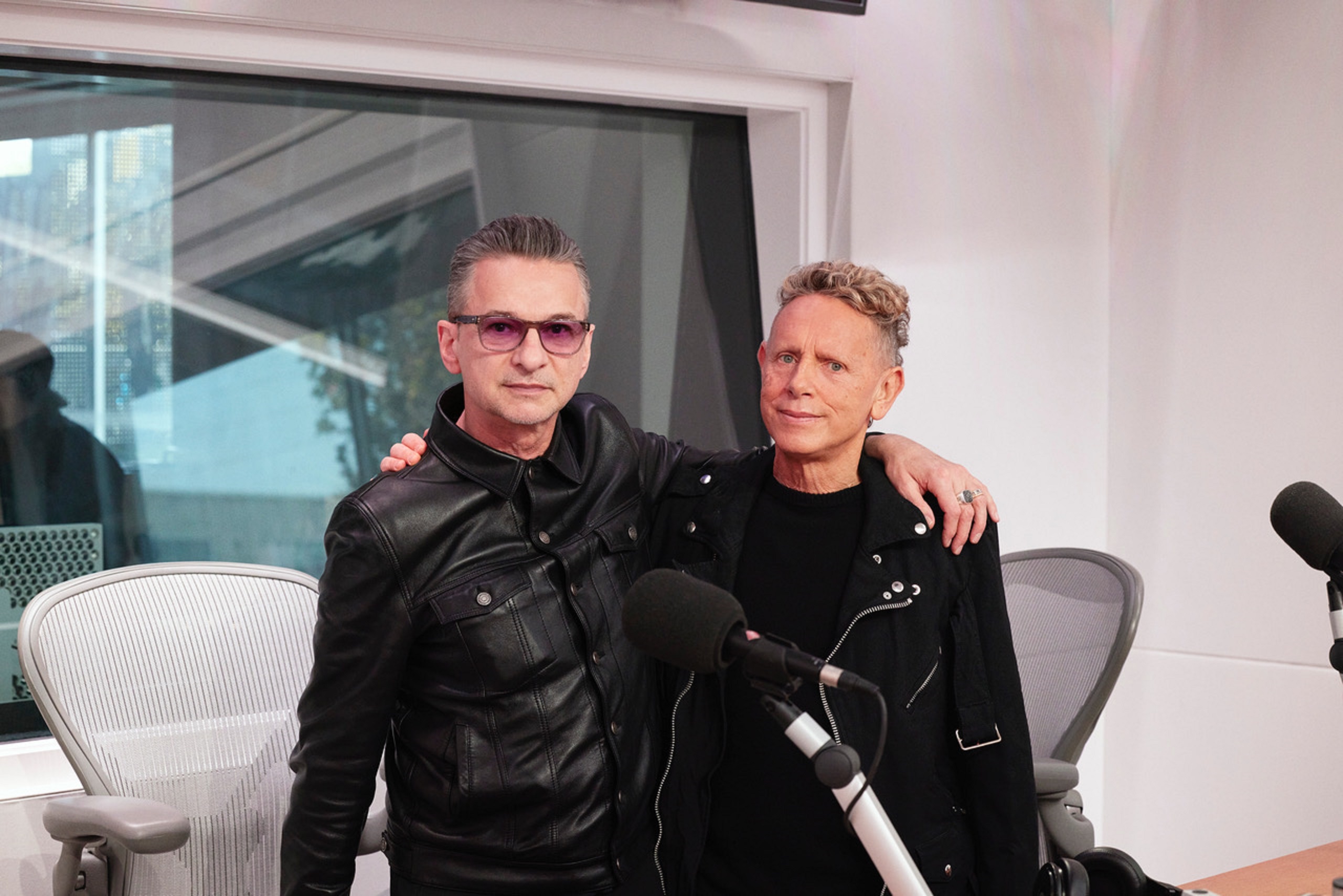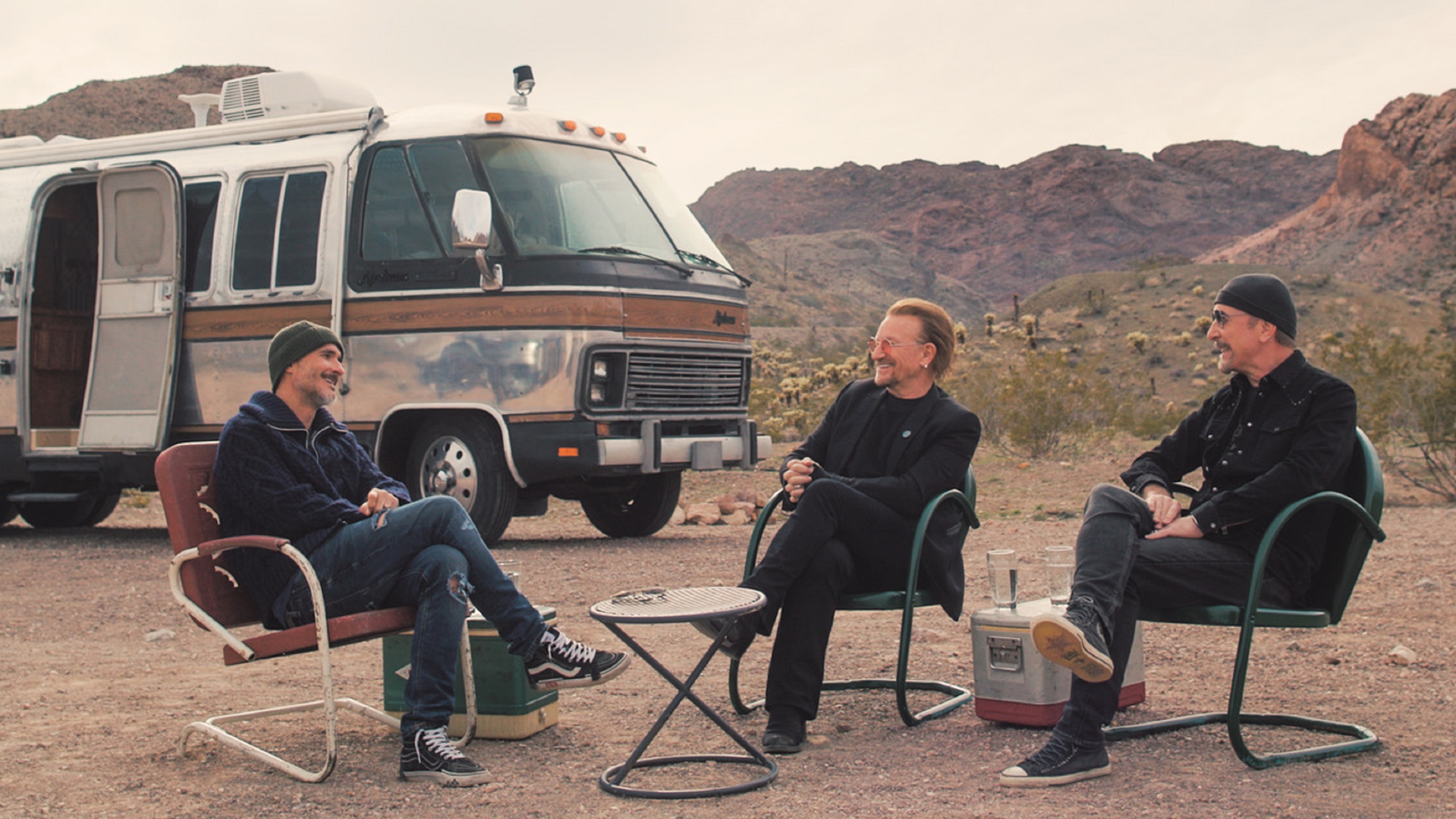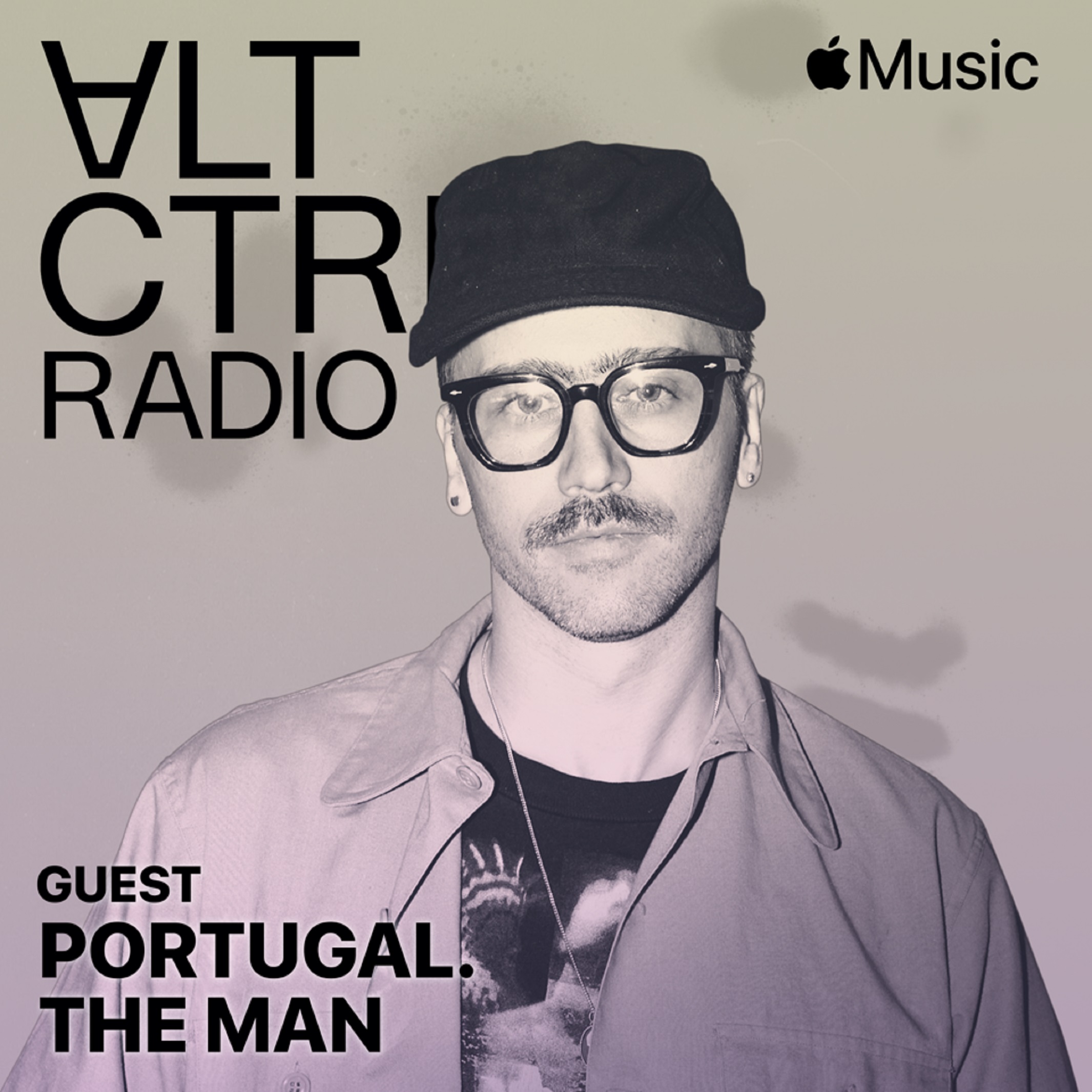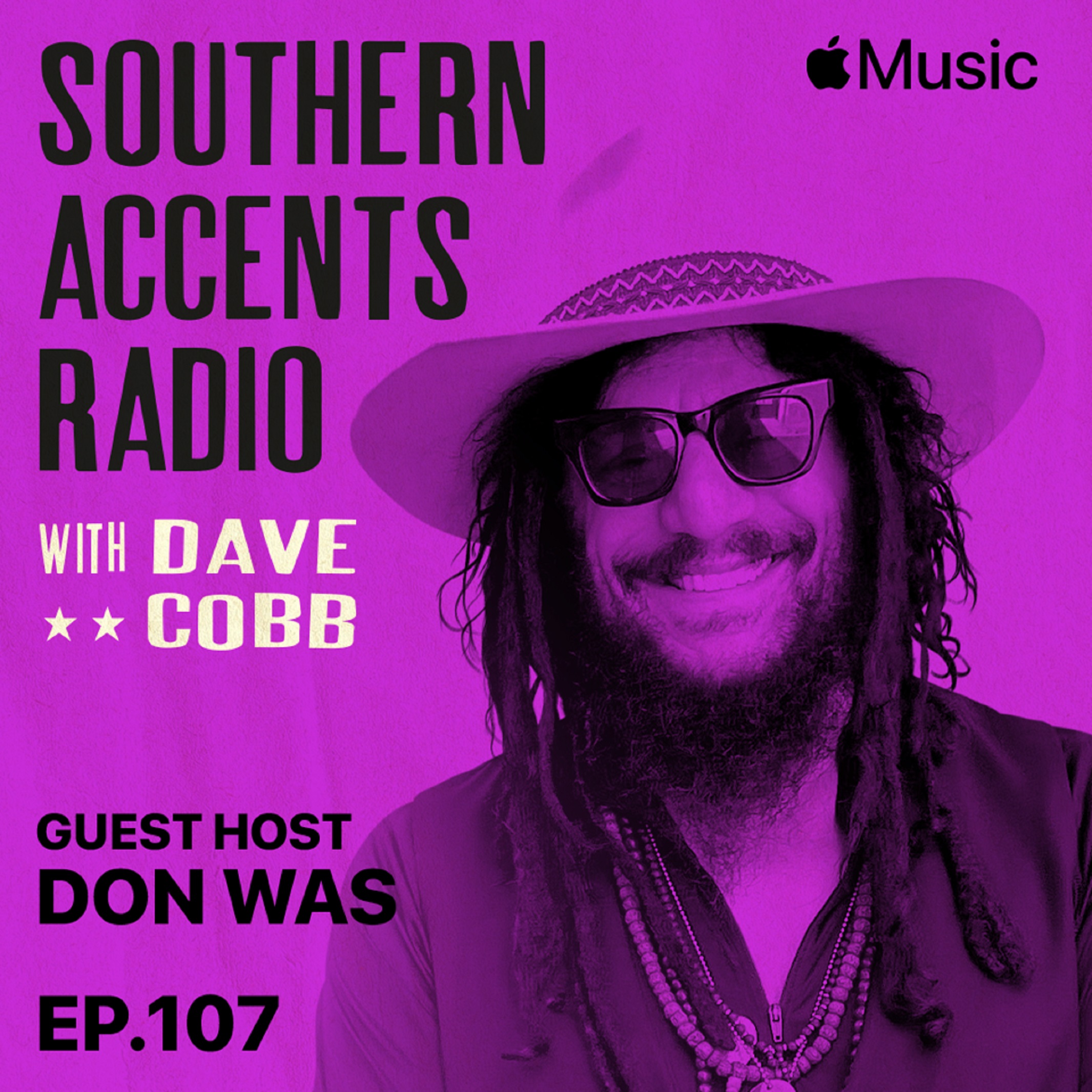Apple Music’s Zane Lowe travels to Rick Rubin's iconic Shangri-La recording studio in Malibu for a conversation with Neil Young and Rick about Young’s new album with Crazy Horse entitled ‘World Record’, which Rick produced. Young discusses the reason for his prolific musical output (“I'd be crazy to stop”), the origin of the project and what he loves about working with Rick, why he avoids social media (“it scares the s**t out of me”), why he decided to sell the rights to his catalog and how he feels when his music is used commercially, his forthcoming documentary film to mark the 50th anniversary of ‘Harvest’, his quest to identify new ways to tour in a more environmentally friendly way, meticulously managing his archive, and more.
Neil Young on His Prolific Musical Output…
I don't care. I figured that's why they like it, because I don't care. It's what I have to do. I want to do this. That's why there's 51, 52 albums because I want to do this and I can still feel it. I'd be crazy to stop.
Neil Young on The Origin of New Album ‘World Record’ and Reuniting with Rick Rubin…
So all these songs started like that. 8 out of 10 of them started with the melody, with no instrument. No words, no instrument, no chord changes. That is significantly, completely in another zone, and not thought of or sitting down to feel anything…just walking. So then I started thinking maybe four, five months later it might be nice to go to do some stuff. I'd written a couple of other songs and one of them was Chevrolet. I just finished that and I was back here and I said, "God, it'd be nice to get in the studio and do some stuff." Checked it out and the Horse was ready to go. And so I called and I booked the studio and I said, "God, that was easy. Usually you can't get in this place." I mean, I'm going, I got it, it's three days later. I was very, very lucky to get this place again. So, here I am and then I said, "Well, I'm going to call Rick now," because I thought of Rick right away. I'm going, "Who's going to help me do this?" And so, I thought of Rick because he's here, it's his place. So, there we did. We've done things before, but we've never completed a record before, which doesn't mean anything because the things we did, we remember. And we remember what they felt like, so that's our history. It's not about what records came out. So, musically we are very similar… it just seemed like the right thing. So, I told him the story of whistling and doing this stuff, and then writing the songs in two days, all of the songs were finished in two days… It's so weird, it was the weirdest project.
Neil Young on What He Loves About Working with Rick Rubin…
He was the closest I have been to working with David Briggs, who was my first producer. Rick loves music. I love music. Rick loves music. Rick knows how to make records. I know how to make records. We have fun hanging out together. What's the problem? It's what we do.
Rick Rubin on The Early Stages of Making The Album…
Super exciting, had no idea what to expect because Neil does different things at different times. So, excited and curious. And then we sat in the living room here and Neil played me the whistling versions, and then read to me the words. I don't think you sang me the words, I think you read to me. That's what I think you did. So, it was the idea of, I still had no idea what the songs were like. I had an idea of a melody, none of it sounded like Neil, historically. It sounded foreign but it sounded really good. And it was interesting because mm-hmm, I haven't heard this before, that's interesting. And had no idea what it would be like when Crazy Horse played on it. And I remember, I may have even said, "Are you sure you want to do this with them?" Because based on what we were listening to, it was not clear that this was going to play the Crazy Horse's strong suit. No, honestly, during the process, it made no sense. We were just laughing every day. It's like, "What is happening?" You listen to it one day, you know what's wrong, we're going to fix it tomorrow. You come in tomorrow, you listen, it's completely different. I hope people get out it of what we got. If they did, it's a home run.
Neil Young on Why He Avoids Social Media…
It scares the shit out of me. I don't like to go to social media. I don't like to get involved in that and the back and forth of one celebrity against another celebrity to do as a certain kind of people. I mean, who cares? There's so many more important things than that to think about today if you really want to look at what's happening. Again, even as I'm saying that, I can feel like, whoa, you've said that so many times already. People know that, but people don't really know it well enough to act on it. I keep going back to the same old thing and it's going to be the death of me pretty soon. I probably have to stop doing that. Ya… Fuck them if they can't take a joke.
Neil Young on Why He Sold The Rights To His Catalog and How He Feels About His Work Being Comercially…
Neil: I wanted to sell my songs because I don't have to worry about a fucking thing now. I don't have to do anything I don't want to do. I've got the end of my life to go out doing exactly what it is I want to do and not doing what I don't want to do. Unless it hurts somebody that I love, then I really have to think about it, but when it comes to expressing who you are and what you can do, if you're constricted by money and a lot of people are relying on you, you don't have to do that. You spend 75 years getting to the spot. You don't have to pay for what you did. You just sell what you want and you use the money to be able to go forward living life the way you want to live it and to make the examples. That's the way I feel about it. I don't have to go on a tour if I don't want to go on a tour.
Zane: How do you feel when you hear your songs in the context of a different context now? Are you okay with that?
Neil: No. I don't like that. I like the songs to be the songs. I don't want the songs to become associated with a product or with a movement or with a politician or with a sport or with anything.
Zane: It’s such a trade at the end of the day, it totally makes sense. Why would I need to hold onto these things when I can actually free myself to go and live my life, actually live my life. What are they going to be worth to me when I'm gone?
Neil: Right. Just to be clear, the fact that I sold my publishing had nothing to do with anything that's being used now in a commercial way. That was an accident that happened through a bad decision that someone in the business world made on my behalf. That was... These things happen and life goes on. It's a singular example. You won't see it again. It has nothing to do with my publishing company who I chose because they would take care of my art and I didn't try to milk them to death, because I put so many restrictions on them that they couldn't do this or couldn't do that. They just sell it like music. Not to sell a politician. I don't want my music to be associated with liberal or whatever the other word is, right, left. Got all these slang words for any of these people and any side. I don't want that. The music is for everyone. It's for people.
Neil Young and Rick Rubin on Their Recording Process…
Neil: we went back to the place, and whatever we used that was acoustic, getting back to the place through the board, if there was ever any acoustic echo or anything that got used or anything that was added from the board to sound of the board, all of that, that all went to analog. But our original tones came from an analog tone to a digital tone, where we worked with the digital tone, blended it to an analog. Neil: We want the digital control.
Rick Rubin: And we mixed to analog again, after it went into the digital realm-... We mixed to analog tape. There's a lot you can do with digital that's really convenient that you can't do with analog. Or if the, I don't want to say you can't do it with analog, but if you did it with analog, the downside of, you wouldn't get the same benefit that you get if you do it digitally... Because you have to make copies and they're going down generations. Whereas, if you can get into the digital realm immediately from the analog highest quality, if you're playing in that world, it's not degrading, it's not getting... There weren't even times in the past where you'd put up a two inch tape, where we'd put up two inch tape, something we were working on in the past, and you listen to it and it didn't sound like it did when you recorded it because it starts degrading. It can happen fast, it can happen. If you mixed it a year later, it wouldn't sound anything like the original track. It's always changing.
Neil Young on his Forthcoming Documentary Film ‘Harvest Time’ To Mark the 50th Anniversary of ‘Harvest’…
We made a movie about it. We had a whole movie of making Harvest that no one's seen. Actually, it's going to be in theaters. Yeah, for one night only, of course. People blink and it's over. That's good. That's the way it should be and then it becomes available in all of the regular formats. No, it's great. You look at it, you'll see it. It's us 50 years ago making this record and everybody's having a great time. I think we played seven songs that are on the record. Not those versions, different versions.I've had it for a long time and that's what the archives is all about, you just have to go back to the right year and then look and there it is. There's a release coming up somewhere for something. Keeps me busy.
Neil Young on His Archives...
It's all there. Everything that I ever did that I wanted people to hear is there. And there's more things, but I haven't found them yet and I haven't been able to prepare them. But they're all there, and I love the Archives. For me, it's been my friend for years now. A place where I can go and take care of my stuff and organize everything and make sure they got really good archivists and engineers and record keepers.We broke even a couple of weeks ago. And we're not now though. We just peaked. We came above them and then we went down again. But we made it. We did it. I don't know how many years it's been, but we finally got to the point where the new ideas and things we were developing… they didn't outspend the income.
Rick Rubin on How He Approaches His Archive…
I've never taken it seriously, and at some point it'll be an issue if we ever decide to look back. It's going to be a challenge. It's hard to say so much of the things, because I work with so many different artists, most of whom are assigned to labels, it's all over. It's in the different archives of the different record companies all over the place. So it's hard to know. But we would record, when we were recording mostly on tape, which we did on this album as well. But in the old days of recording on tape, sometimes we would use 150 reels of two inch tape for one album if we were doing a lot of takes. And those still exists somewhere ... With all of those takes. And I've never looked back at them, but I know that they exist. I can't imagine someone would've erased them at a record company. But you never know.
Neil Young on Titling The Album ‘World Record’…
I really don't know. It seemed like a normal title for this, then I went, "No one's used that title?” I'm sure somebody used that title, but I don't know.
Rick Rubin on Mixing The Album For Vinyl…
We always try to make everything sound as good as it can, basically. The only reason, I think, the only reason that there was a second one for digital was because we had more time and we didn't have as much time for the vinyl one, so we put all of our energy into making the vinyl one as good as we can. Then anything that we heard after that we were still able to do for the digital, so we did.
Neil Young on His Idea for an Analog AM Radio Station Broadcasting Vinyl Quality Audio to the World...
Hey, if you want to get involved in our radio station…we’re thinking about it. An analog AM radio station… broadcasting vinyl quality to the fucking world. All you need is the right kind of radio. You just get the radio, then you can have any music. Radio is the future. It really is.
Neil Young on The Importance of Taking Action to Battle Climate Change…
…we got a lot of work to do. I think it's a great situation for the world, it's probably the only time in the world that you could ever see where all the people of all the countries, all around the world could all have the same idea. Wait a minute, we got to do something because this is no good, we are all feeling it. And the Russians and the Chinese and the Americans and the Canadians and French people, the Italians, they're all feeling it. The Australians, the New Zealanders, they're all feeling the same thing. You just take that and just go, what if everybody focused on just loving earth and looking at life like a hippie for a minute? Just doing that and just don't do anything to hurt what you love. If you've got enough money, you should be able to do a lot of stuff. You should be able to only eat food that is clean food, that's not coming from factory farms. Factory farms were where we got climate change. If you go right to the factory farm and then go back in time on the factory farm, that's the beginning. That's it. That's when the earth started to go in the sky. That's when everything got screwed up and we started growing things for money instead of for health and for natural goodness. That's what I think of. I think of those kind of things.
Neil Young on Exploring Viable Fuel Alternatives For Touring and the Challenges of Touring with a Low Environmental Footprint…
R99 is a combination of mostly animals and vegetable fats and waste. It's absolutely viable for our tour. I looked into it for touring all of the vehicles and for powering all of the vehicles and for powering the shows, the lights, the sound, the venue, everything we could do with this renewable fuel and we could take the generators with us, set them up, maybe have two sets of them and have them, hop, skip over one another, but do that kind of a thing to have a tour that wouldn't have an impact, where we wouldn't be impacting. Then I came up against the food. All the venues have got arrangements with different people, contracts and that's all factory farmed food that everybody eats when they come to see one of our shows. That's exactly the opposite of what we believe in. That's the part I'm having trouble with and I'm trying to figure it out. Our time should be focused on moving forward into the direction of uniting and fixing the problem.
Rick Rubin on Why He Doesn’t Collect Vinyl…
It's the rabbit hole of having to have the vinyl of the thing that I want to listen to. I like living with no stuff and I don't want to have a lot of records. I just don't want to have them. I love the way they sound and it depresses me when I listen to them because when I listen to that record, I want to listen to all the records, but I don't have all the records and I live in different places in the world and I don't want to have duplicates of every record everywhere I go. It's too much. It's too much. I do high res digital everywhere I go and I have high five systems with high res digital, which is the best I can do and still have everything, have the benefit of what's good about the digital is that it's all available. I make that choice. I used to really be into collecting things. I just felt like at some point, I think when I moved to Malibu, just the idea of not having stuff felt really good.





